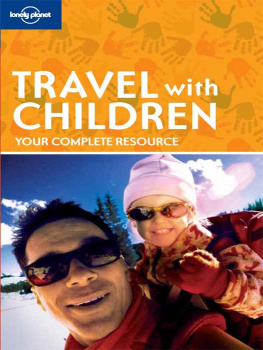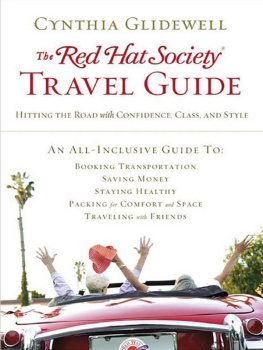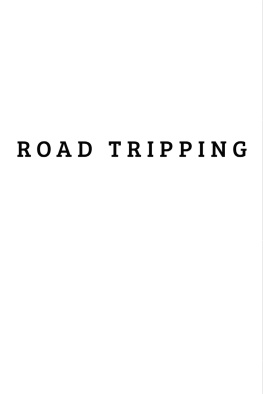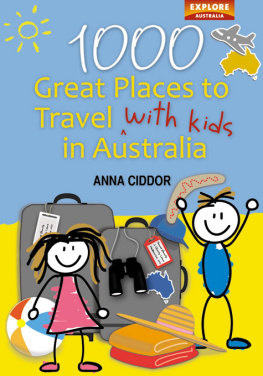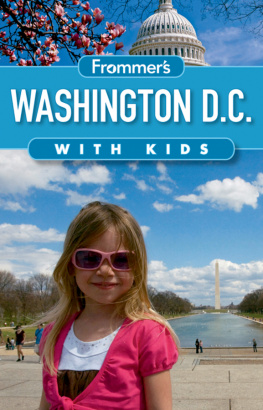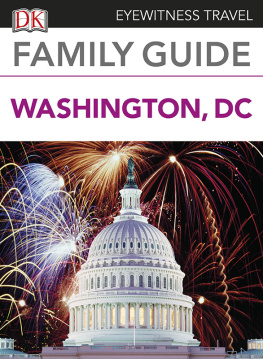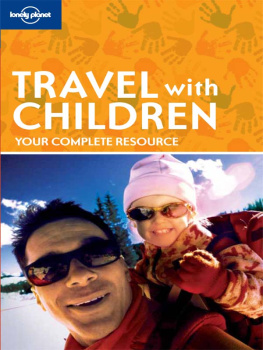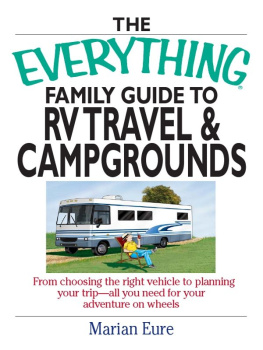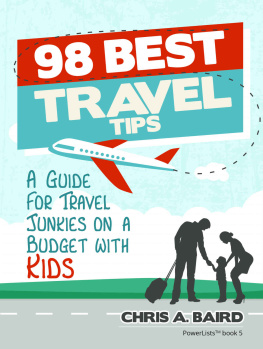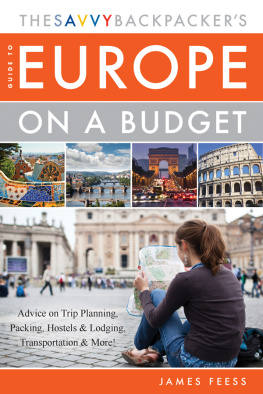Many of the images in this guide are available for licensing from Lonely Planet Images.
Website: www.lonelyplanetimages.com
Lonely Planet, the Lonely Planet logo and Lonely Planet Images are trade marks of Lonely Planet Publications Pty Ltd. Other trade marks are the property of their respective owners.
All rights reserved. No part of this publication may be reproduced, stored in a retrieval system or transmitted in any form by any means, electronic, mechanical, photocopying, recording or otherwise, except brief extracts for the purpose of review, without the written permission of the publisher.
FOREWORD
When I wrote the first edition of Travel With Children, Tashi and Kieran (our children) were four and two years old and we had just moved to California to set up the Lonely Planet office.
Although they were very young, they were already veteran travellers. At eight months Tashi had her first taste of life as a Lonely Planet baby, updating our Southeast Asia book. When Kieran was three months we all went to Indonesia, and later that same year to India, Nepal (including a trek) and Sri Lanka.
Travelling was what Tony and I did, and it seemed completely natural to us that when the babies came they would travel with us. Of course, other people thought we were mad, and there were times when I would have agreed. It wasnt always easy; we travelled by public transport or drove ourselves. We stayed in pleasant, family-run places which had local facilities, but not much in the way of the normal amenities families in Australia or other Western developed countries took for granted. When we finally took the children to Europe, Tashi found it hard to believe that she could drink water from the tap in every country we visited.
The children learned a lot Kieran, aged five, when asked to do a show and tell of his trip to Egypt, insisted that the Sphinx had a moustache. When his teacher gently suggested it was a beard, Kieran asked him had he been there? The result was that an entire class went through primary school convinced that the Sphinx had a moustache, because, after all, Kieran had been there and seen it with his own eyes.
When Tashi was three we were updating the Sri Lanka book and Tony took her with him when he went to check out some hotels. In one of them, the owner, recognising Tony from an earlier trip, offered them some tea. They chatted for a while and then Tony got up to leave. Tashi tugged on his arm and said, Daddy, arent we going to check the toilets?
Years later, when Tashi was 13, we decided to spend a week at a beach resort with family friends. After a few days, Tashi came to me and asked, So, we stay here, we dont go from place to place, we go to the same beach every day we just hang out? I replied, Yes, thats it. So is this what you call a holiday? she asked and I realised that although we had travelled all her life, this was indeed her first holiday.
People always assume that it must have been a wonderful childhood, constantly travelling, seeing new places and encountering so many different people and cultures, and it was, but of course it wasnt always easy. Our children were often a curiosity to local people, and they would find a place they loved, but we never stayed more than a few days. Kieran, even at three months, knew he would rather be home; Tashi loved being on the road. However, travel is woven into the fabric of their lives and both of them cant imagine a future without plans to travel. Kieran spent eight months travelling in Southeast Asia and has since visited India and Europe, and Tashi lived in London for three years and travels whenever she can get the time and money together.

MAUREEN AND TONY WHEELER WITH THEIR CHILDREN, TASHI AND KIERAN
TONY WHEELER | LONELY PLANET IMAGES
As parents we want to give our children so much, not just material things, but memories and experiences that will help them navigate the rest of their lives. Travelling with your children opens up the world to them and gives you the chance to see it again through fresh eyes, and despite the inevitable anxious moments and the sheer hard work involved, I would do it all again.
Maureen Wheeler
INTRODUCTION
Family holidays, the poor cousin of all other travel genres, tend to get a lot of bad press. You could be forgiven for thinking theyre all about package resorts with beaches that look like the human version of a penguin colony. Or group confinement with reviled relatives. Or sulking teens glued to their phones, bemoaning their boredom. Or maybe youve been led to believe that the trip starts with your baby keeping all other plane passengers awake and just goes downhill from there. Mention the idea of travelling with children to some people and they just say, Dont!
But these gloomy images are getting a makeover, as more and more families take to the road with gusto and return with positive tales to tell. Seasoned independent travellers arent stopping just because theyve had children, and some families whove never travelled before are taking the plunge. No-frill airlines, increasing affluence and a recognition of the value of travelling together as a family are all playing a part.
If you want to spend quality time with your children, help them learn, grow and gain a better understanding of the world and humanity, then travelling is a great way to do it. As a travelling family youll talk and share experiences, which these days we often struggle to find time for in our busy lives. If youve been stuck in a pattern of telling off and whining, travel can get things off to a fresh start. Your children may surprise you with their adaptability and affability when the hold of regular routines loosens. Watching your children engage with different surroundings can change your perspective and invigorate you with a renewed sense of wonder. As your children blossom before your eyes in response to new encounters and experiences, its hard not to share their excitement. Their questions will reveal the depths of their intelligence and the scope of their understanding, which in turn will enrich your appreciation of your children. Their horizons quite literally expand as they realise that the world is bigger than your home town or city, and with it comes an appreciation of cultural diversity, the seeds of tolerance and empathy, which will stay with them for the rest of their lives. For young children this may come with the simple realisation that people speak different languages and as their ears become attuned to new sounds theyll probably even pick up a few words in the local tongue.

